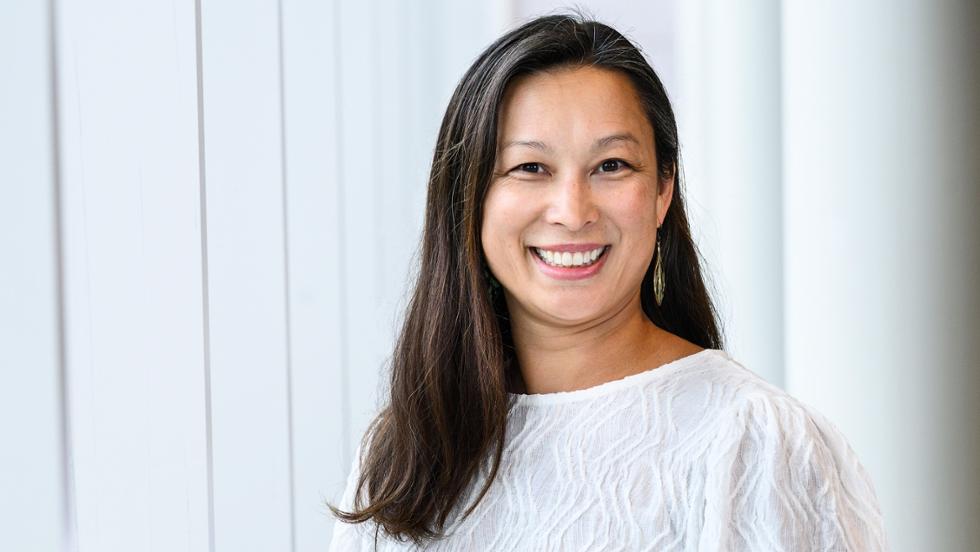
“Ethical transgressions and moral courage in bureaucracies under pressure under Trump and Bolsonaro,” co-authored by Associate Professor of Sociology Jaime Kucinskas, was recently published by Sciety. The paper examines intensifying democratic backsliding by civil servants during Donald Trump’s first term as president and the 2019-23 presidency of Brazil’s Jair Bolsonaro.
Kucinskas and her co-author, Mariana Costa Silveira of the University of São Paulo, used “in-depth interviews with Brazilian and U.S. civil servants to study episodes of moral courage, defined as principled actions taken in the face of political pressure and personal risk.”
Identifying the organizational and individual conditions that enable such acts, they found that “supportive professional cultures and strong internal and external networks emerge as key facilitators,” and noted that “at the individual level, moral courage is associated with strong commitment to agency missions, a high sense of self-efficacy, long-term moral reflection, and civic engagement.”
This cross-national comparison showed “that Brazilian civil servants tended to mobilize through more collective and visible forms of acts of moral courage, whereas their U.S. counterparts often adopted more individualized and cautious strategies,” the authors said.
In “Religion Unbundled: Toward a Twenty-first Century Paradigm for the Sociology of American Religion,” also published by Sciety, Kucinskas and fellow sociologists at Johns Hopkins University, Indiana University Indianapolis, and Purdue University College of Liberal Arts explored secularization theory and the 1990s “religious economies” model.
The research introduces “elements of a 21st century paradigm for the sociology of American religion.”
The work is based on their claims that “American religion has become ‘unbundled’ and that the boundaries of the religious field have become increasingly porous,” they said, using Christianity and Buddhism as examples.
The authors said that in both cases, their approach positions them “to apprehend a range of phenomena, including à la carte unbundled elements that do religion-like work; alternative quasi-religious, secular and contested bundles that compete for attention and devotion with traditional religion; and traditional religious bundles that adapt to fit this new de facto unbundled landscape.”
Posted November 13, 2025
